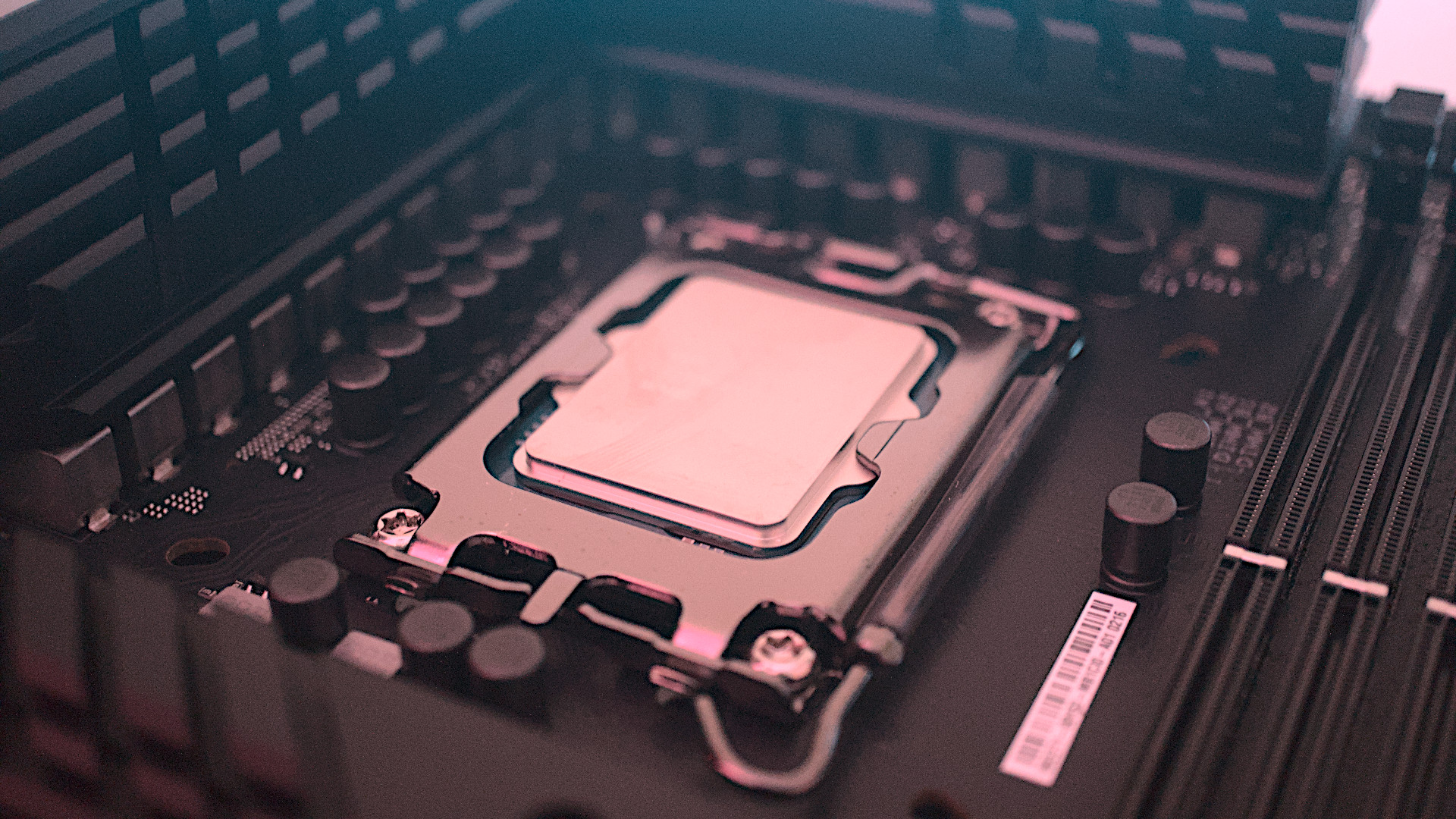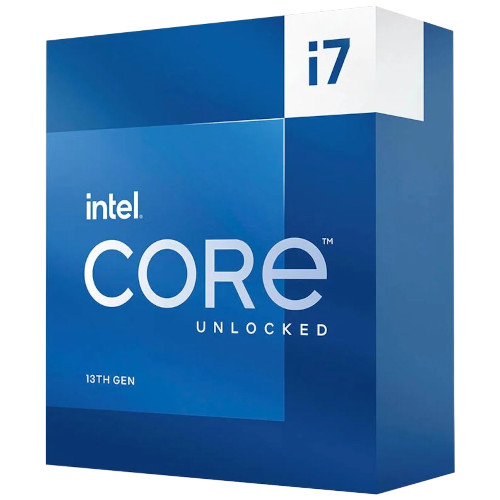Windows Central Verdict
Decimating AMD's Ryzen 7 7700X and impressively taking on the Ryzen 9 7900X in some cases, the Intel Core i7-13700K punches way above its head. This 16-core processor is a workhorse for gaming and getting all your work done on time.
Pros
- +
DDR4 and DDR5 support
- +
Impressive performance
- +
Beats AMD Ryzen 7 7700X
Cons
- -
AMD is faster in some cases
- -
Draws a lot of power
Why you can trust Windows Central
Intel's Core i7 series of processors are considered to be the best value processors from the company, offering a mix between excellent performance and affordability. The latest 13th Gen Intel Core i7-13700K is promised to introduce a matured hybrid core-touting desktop CPU with impressive capabilities.
In this review, we'll be taking a closer look at the Core i7-13700K, comparing it against last year's Core i7-12700K, as well as the new AMD Ryzen 7 7700X. Intel is still on its older 10nm manufacturing process, which puts it behind AMD's 7000 series off the bat, but the company has worked wonders in the past.
Intel Core i7-13700K: Specs, price, and availability
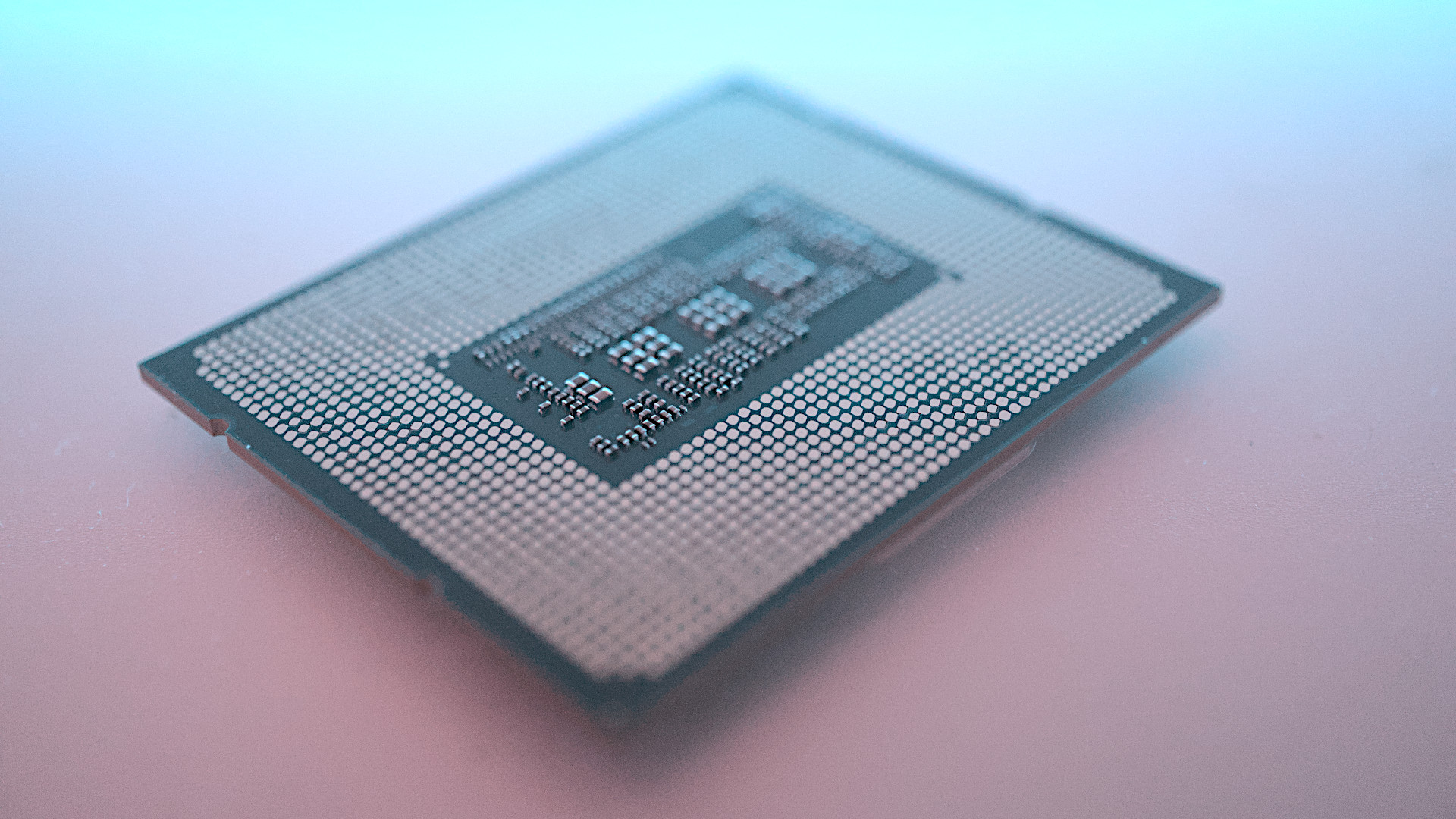
Just like the 12th Gen line-up, Intel's 13th Gen processors have a hybrid core configuration, sporting new performance cores (P-cores) and efficient cores (E-cores). The former is the main core as found in traditional processors that handle most of the calculations. What makes Intel processors different from predecessors and AMD is the inclusion of E-cores.
These less powerful cores are responsible for processing everything considered a background task. This setup allows Intel 12th and 13th Gen processors to fare better in multi-task environments like streaming PCs. The latest Core i7-13700K has 16 cores and 24 threads, up from 12 and 20 found inside the Core i7-12700K.
The performance cores are capable of boosting up to 5.4GHz and the efficient cores can hit 4.2GHz. Full support for DDR4 and DDR5 RAM is present, allowing you to keep your existing RAM if desired. A total of 30MB of cache is present and a TjMax of 100 degrees Celsius provides ample room for this K series processor to be overclocked.
All this performance comes at a price, measured in watts. The CPU has a TDP of 125W, but the Intel Core i7-13700K is capable of boosting all the way up to 253W. That's a considerable amount of power, especially when paired with a power-hungry GPU like the NVIDIA GeForce RTX 4090.
Pricing-wise, the Intel Core i7-13700K comes in at $439.99, about $40 more than the AMD Ryzen 7 7700X. But the difference in performance is worth the additional 10% cost.
| Header Cell - Column 0 | Intel Core i7-13700K |
|---|---|
| Cores/Threads | 16/24 |
| Base Frequency | P: 3.4GHz |
| Row 2 - Cell 0 | E: 2.4GHz |
| Boost Frequency | P: 5.3GHz |
| Row 4 - Cell 0 | E: 4.2GHz |
| Intel Turbo Boost Max | 5.4GHz |
| Memory | DD4-3200/DDR5-4800 |
| Total Cache | 30MB |
| Integrated Graphics | Intel UHD Graphics 770 |
| PCIe | PCIe 5.0 |
| TDP | 125W |
| Max draw | 253W |
| TjMax | 100C |
| Manufacturing Node | Intel 7 |
| Socket | FCLGA1700 |
| Price | $439.99 |
Intel Core i7-13700K: Raptor Lake
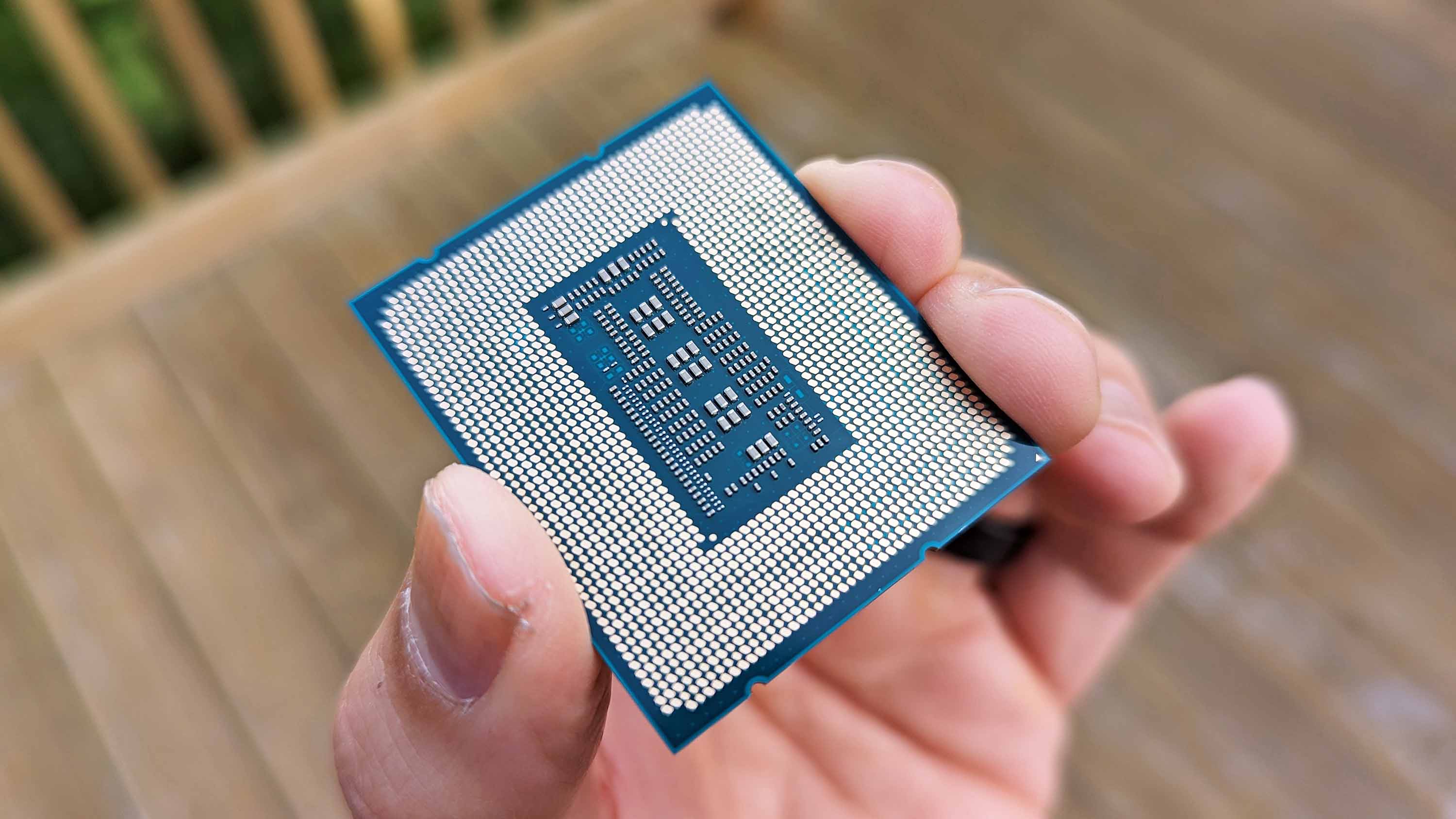
Raptor Lake is the codename for the architecture that powers Intel's 13th Gen processors. Based on Intel's 10nm manufacturing platform, the same as the 12th Gen series, the new processors like the Core i7-13700K have a hybrid core design. The processor we're looking at in this review has an equal number of performance and efficient cores.
13th Gen processors, like those that came before them, support both DDR4 and DDR5 memory modules, which opens up additional options when building your own PC. The same LGA 1700 socket is used here but Intel managed to achieve considerable gains in core count, clock speed, and cache size, notably with the Core i9-13900K.
Windows Central's Executive Editor Daniel Rubino was on a recent press trip to Israel. Here, Intel showed how the i9-13900K could hit 8.0GHz when overclocked using liquid nitrogen. So we're expecting some big performance numbers, especially when compared to the AMD Ryzen 7 7700X.
Intel Core i7-13700K: Performance
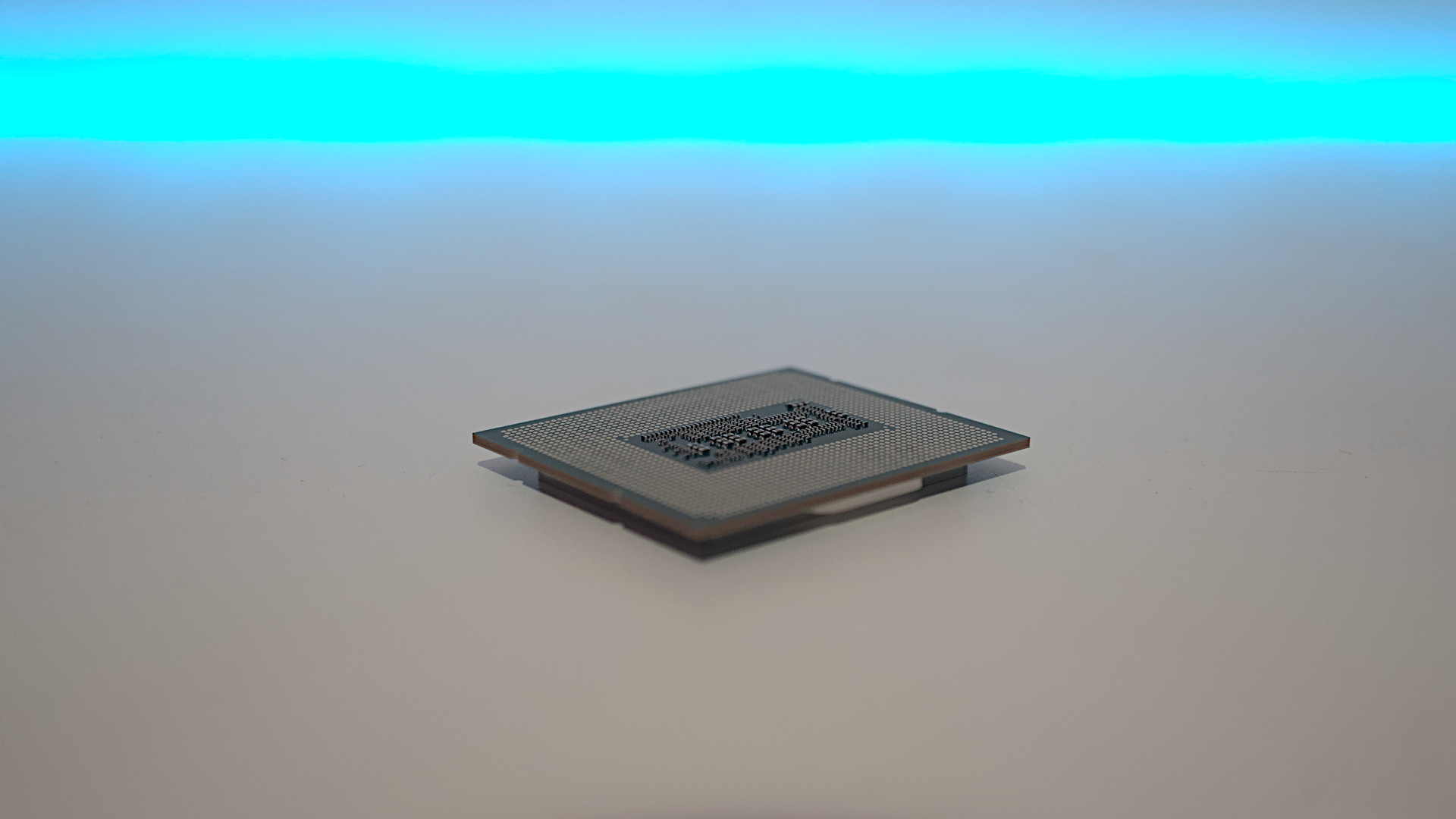
We made full use of the latest Z790 chipset for testing the Core i7-13700K. The ASUS ROG Strix Maximus Z790 Hero is the foundation, joined by 32GB of DDR5-6600 RAM, and the mighty NVIDIA GeForce RTX 4090. There's no notable difference in performance between Z690 and Z790 aside from a few upgrades to the USB array.
The results are impressive. Intel's latest family of processors is neck and neck with AMD Ryzen 7000 and the Core i7-13700K is almost as good as the Ryzen 9 range. It's a monster whether you're looking to put together the best gaming PC or a desktop ready for creative use.
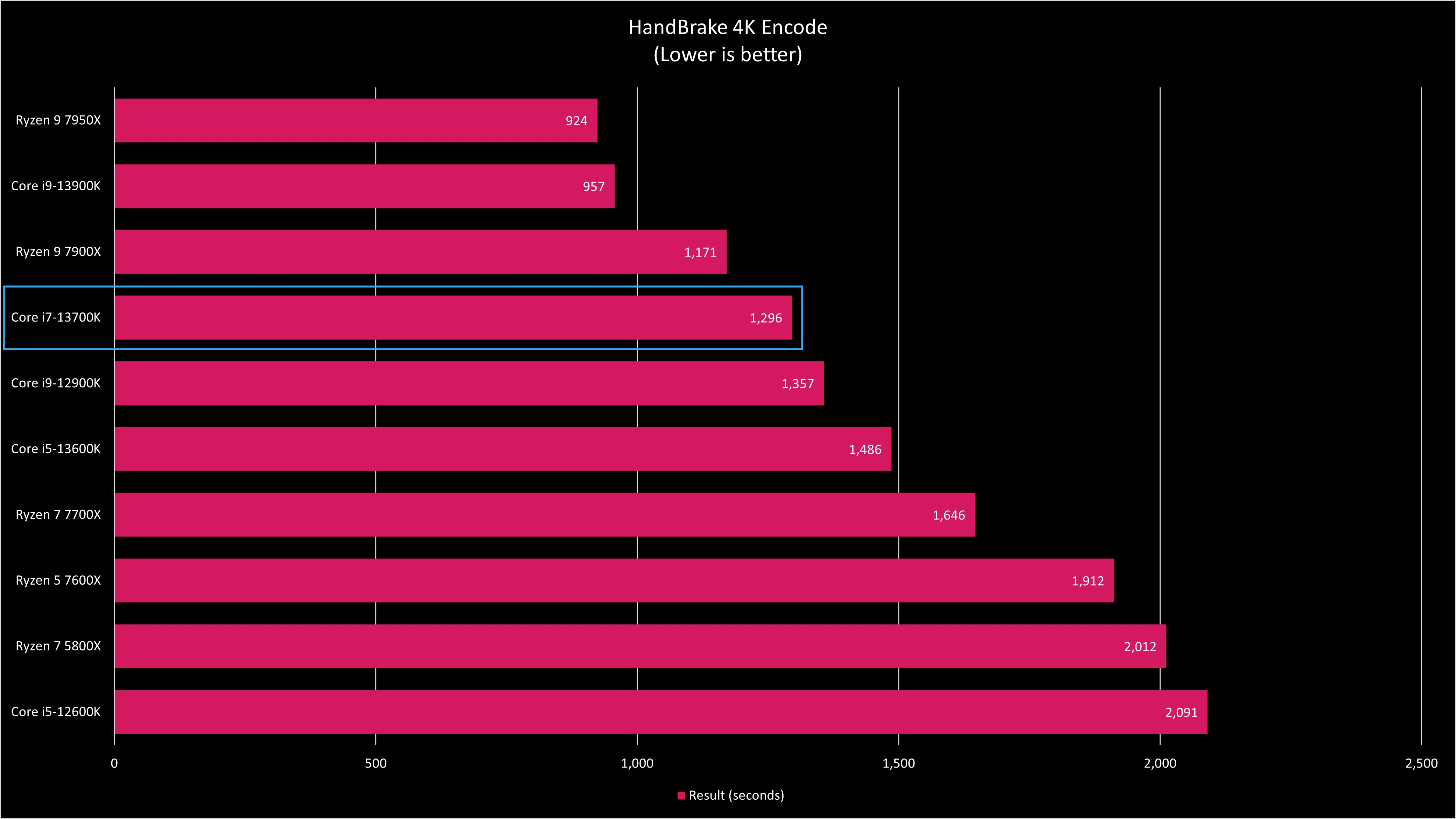
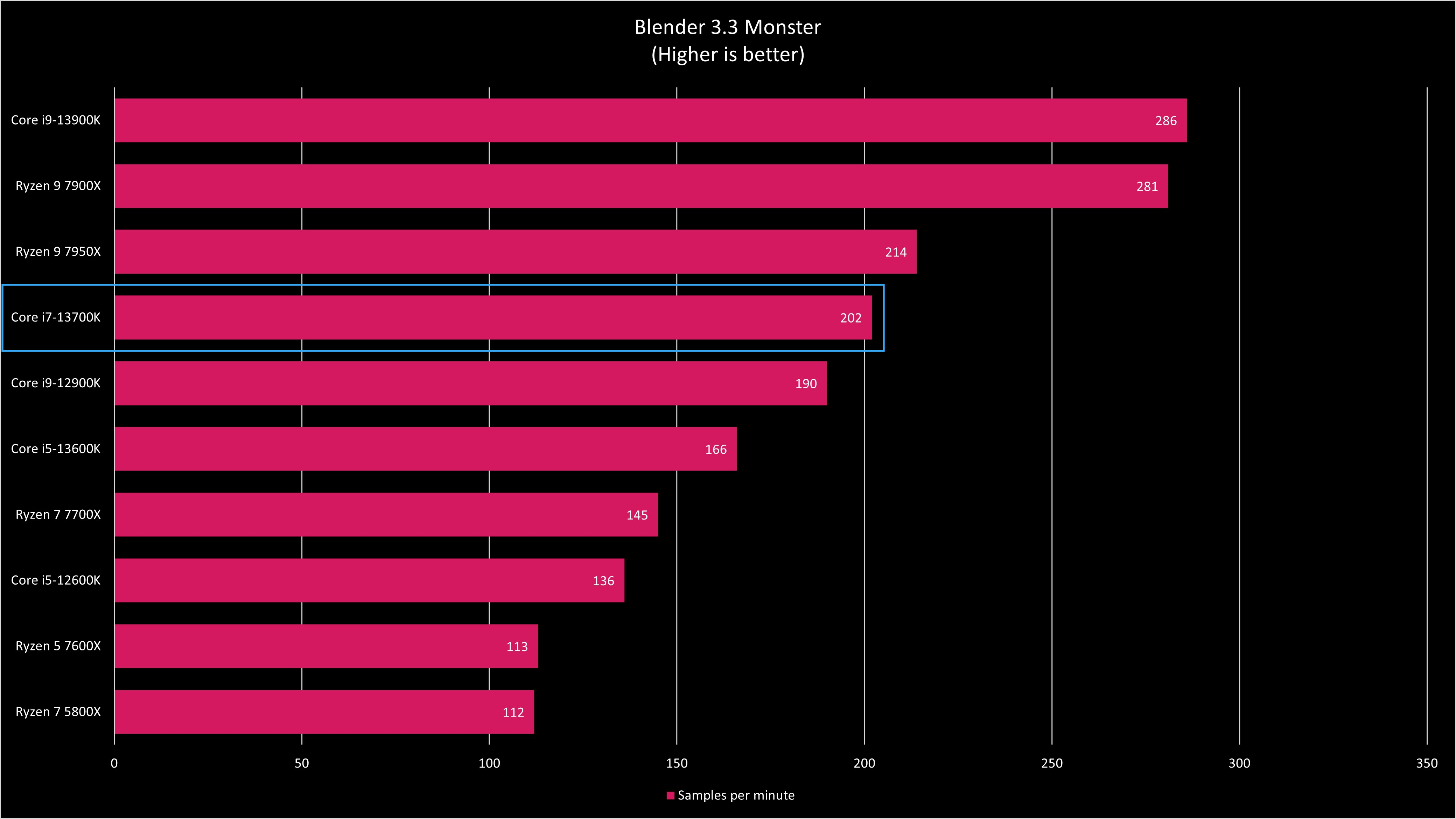
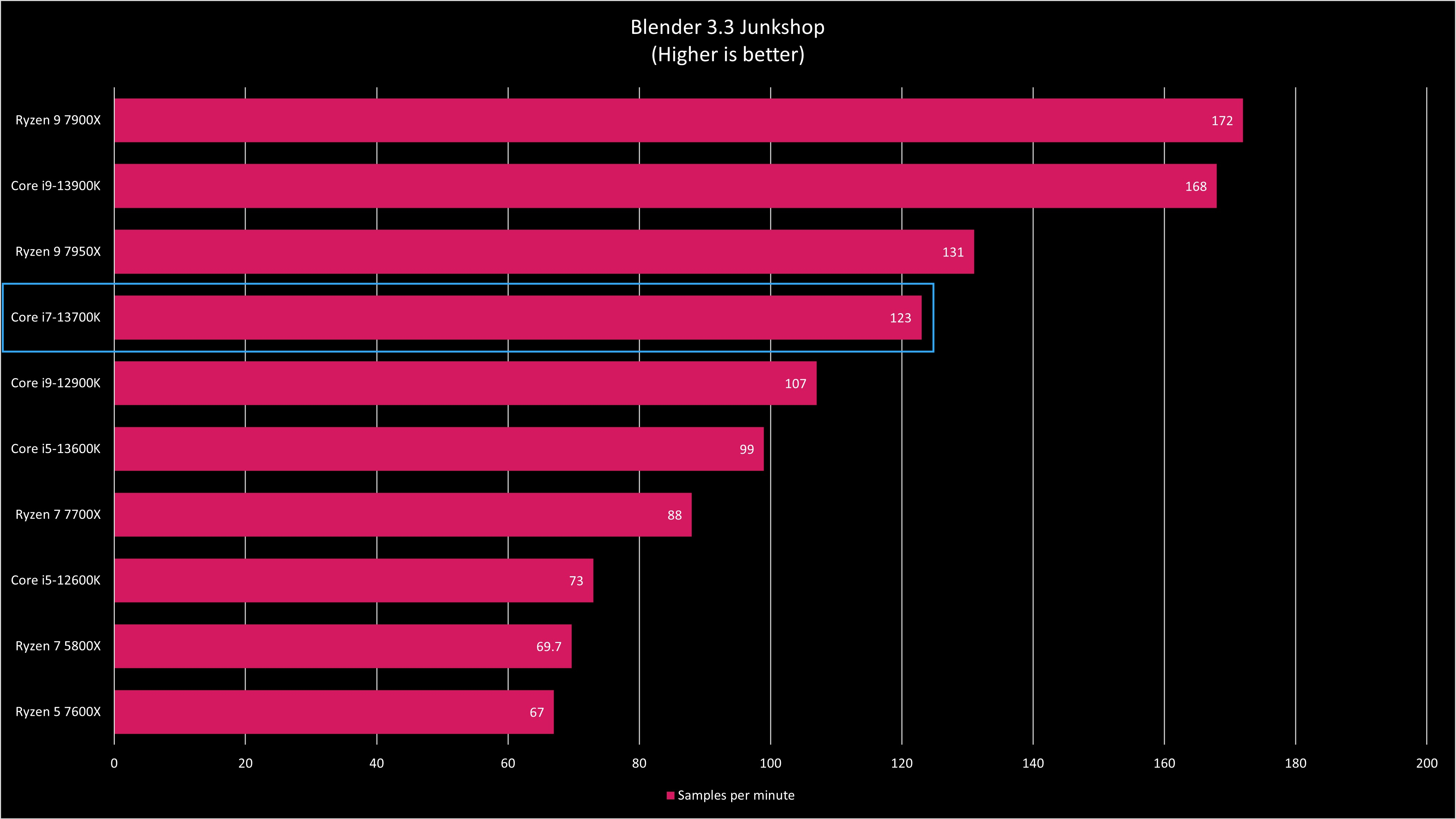
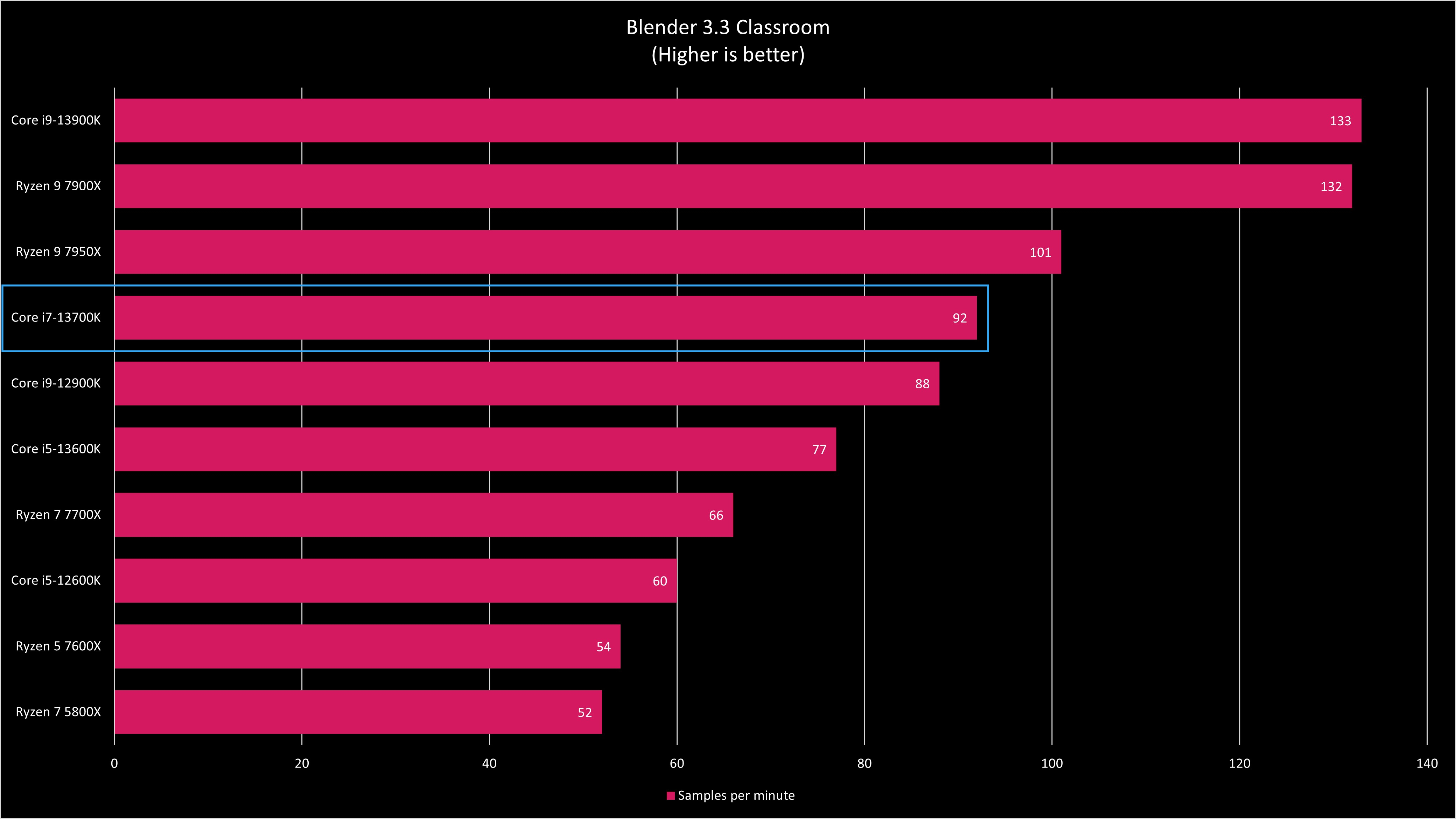
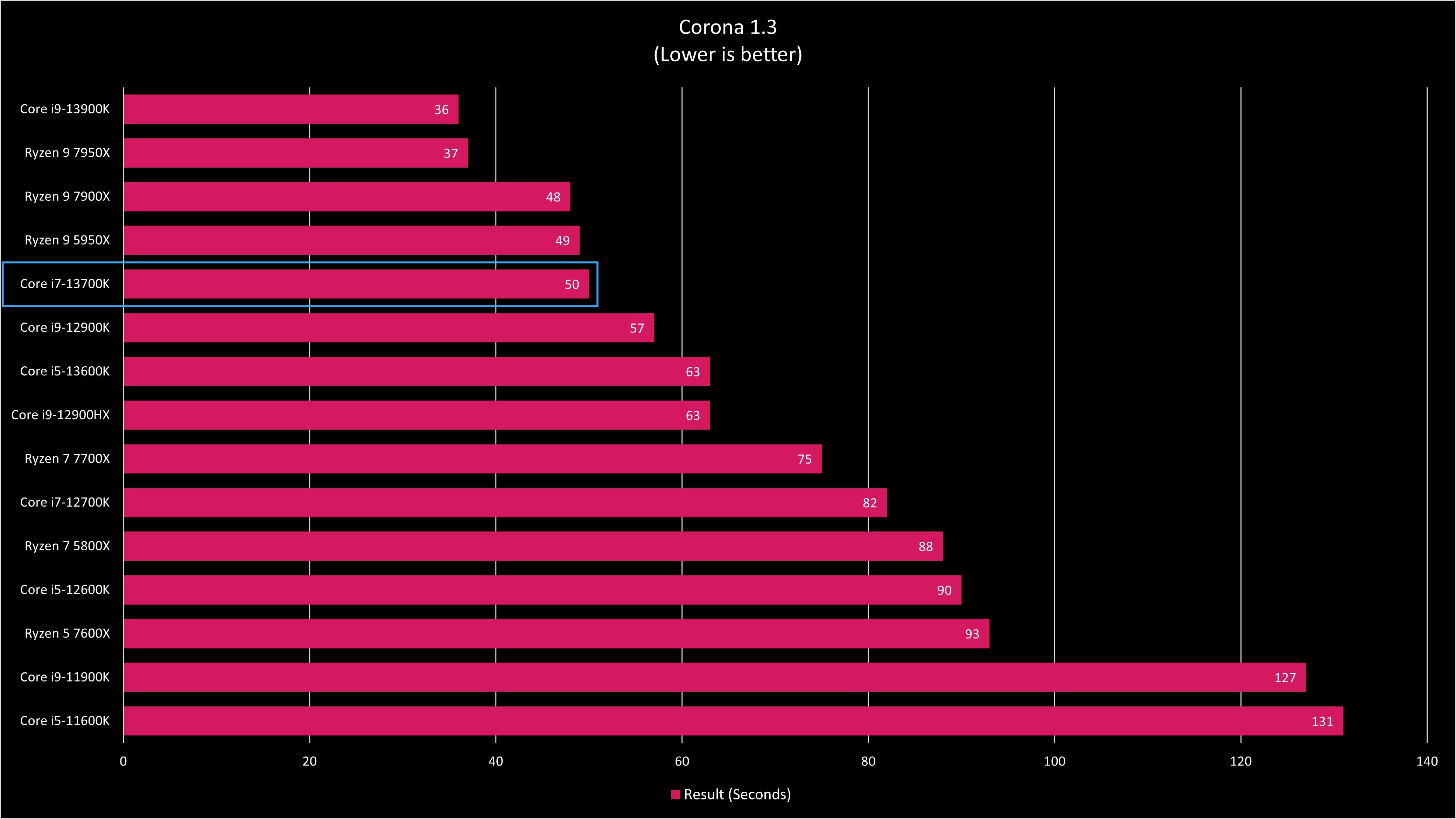
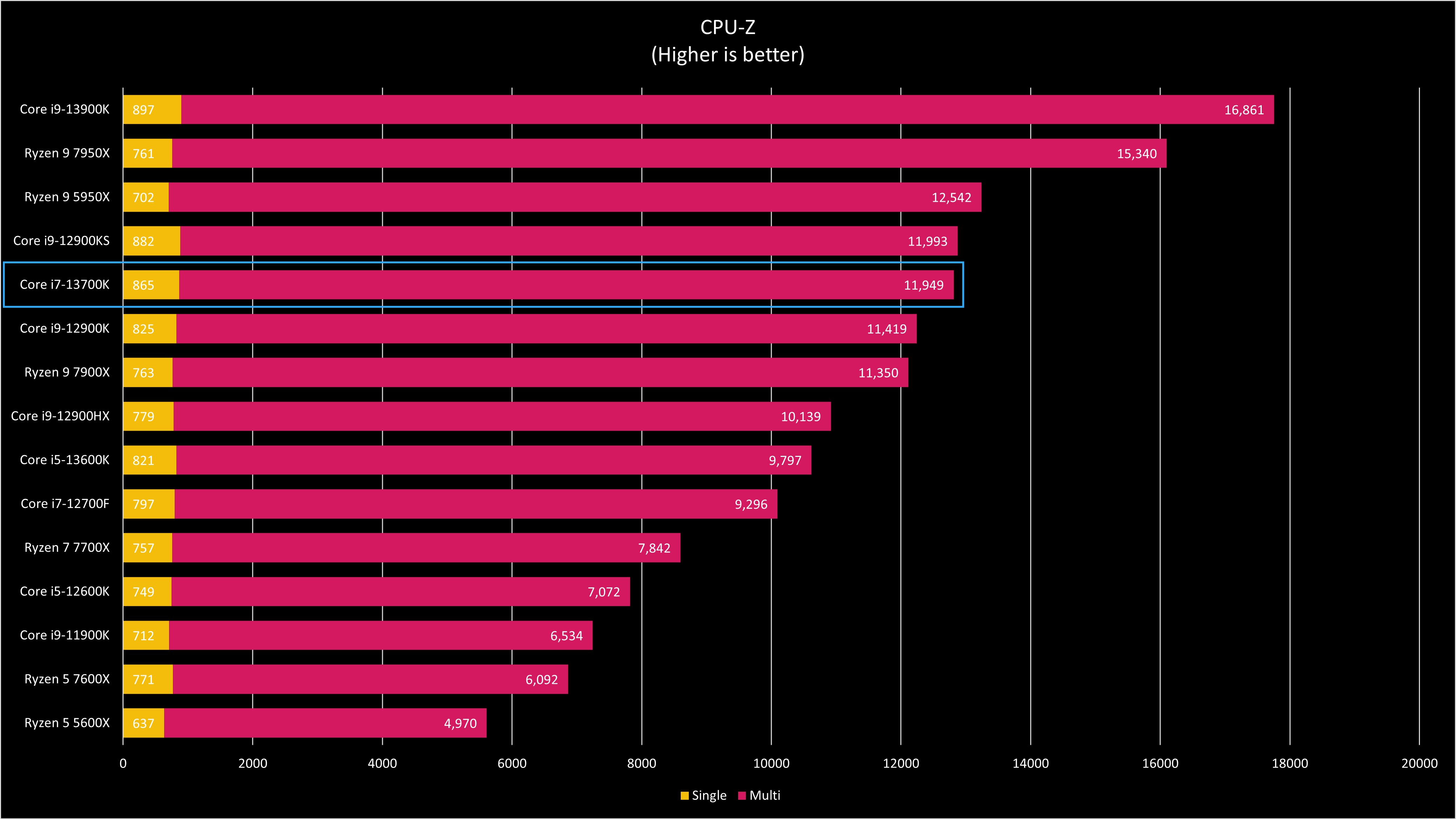
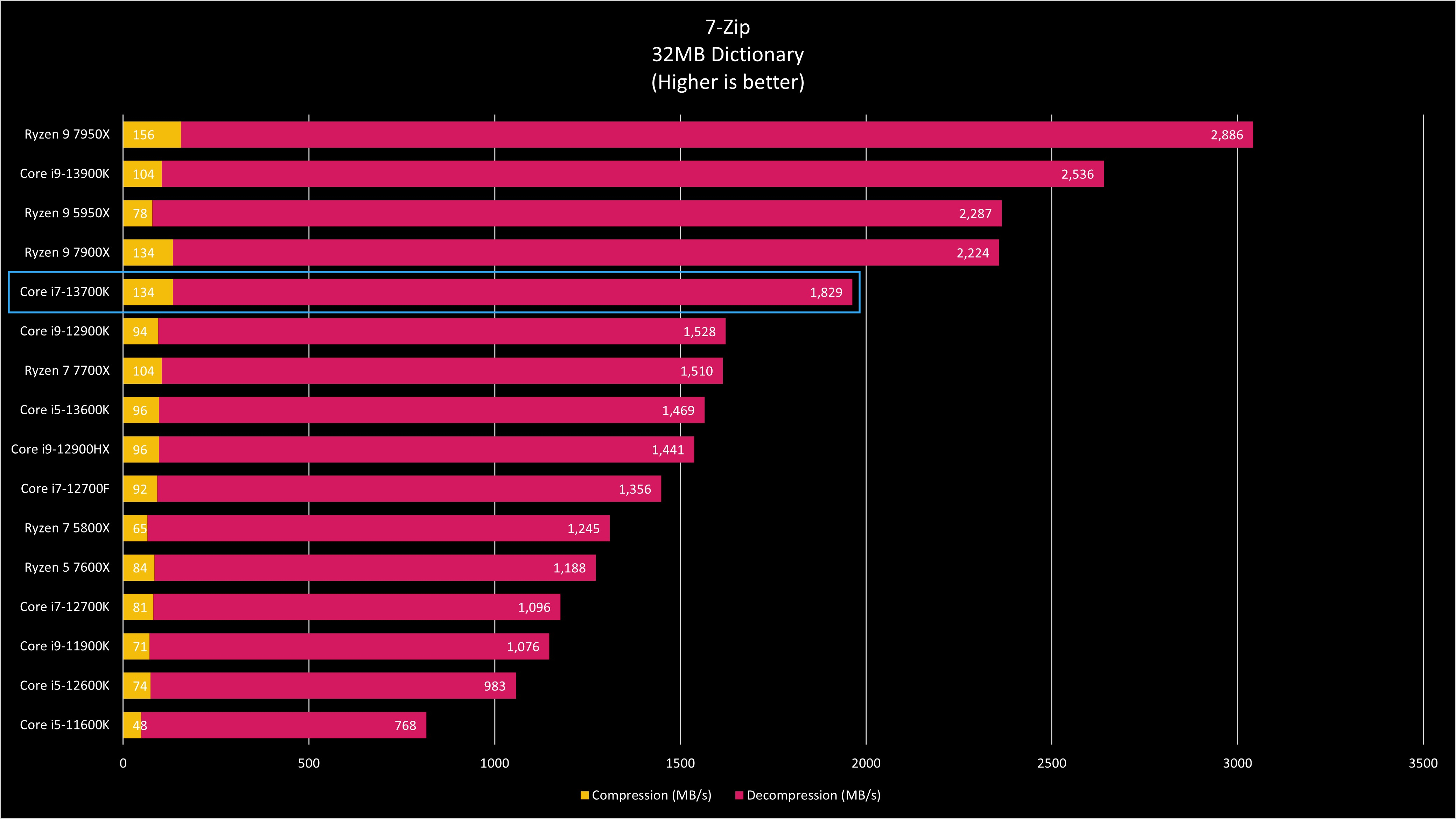
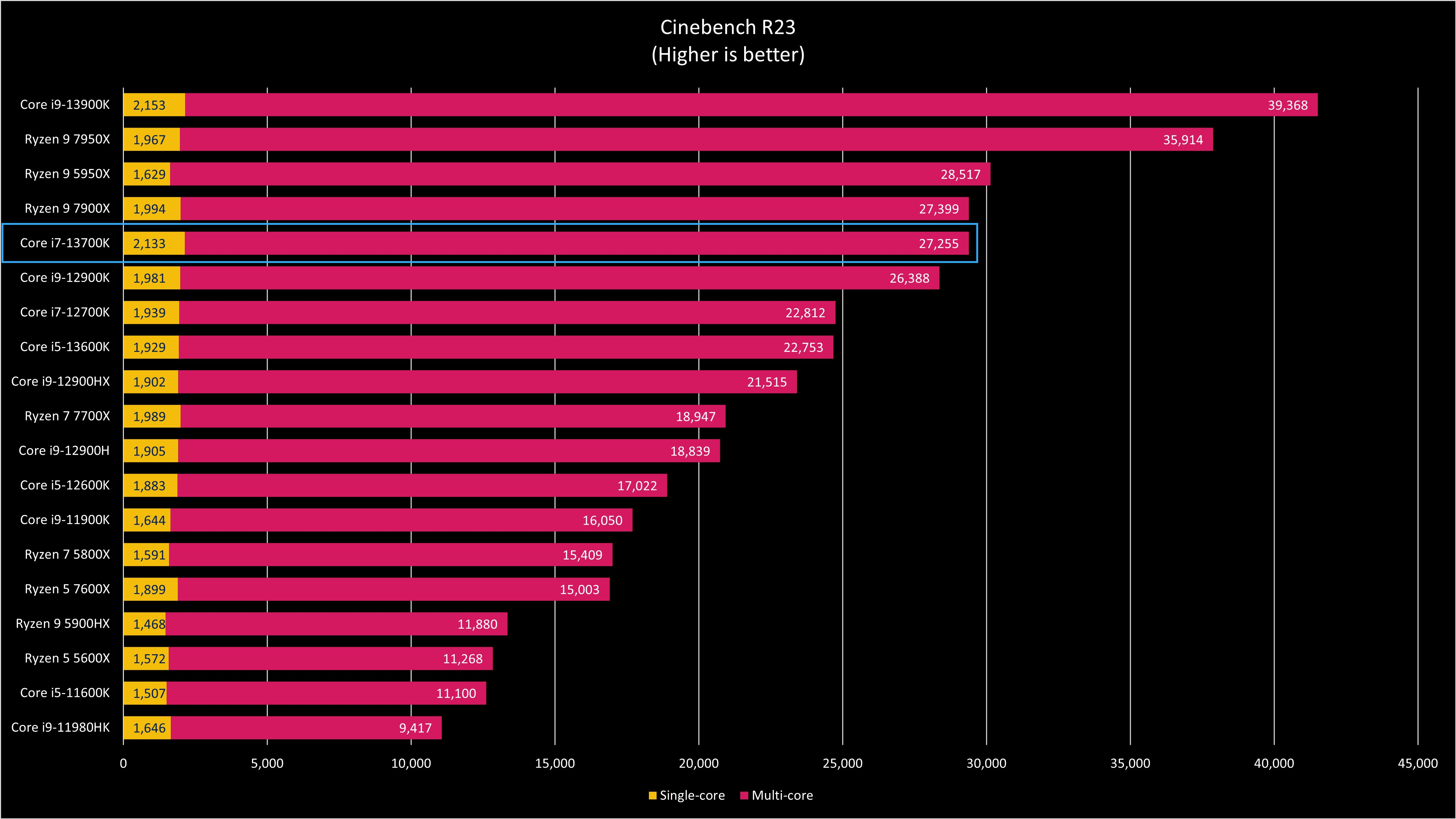
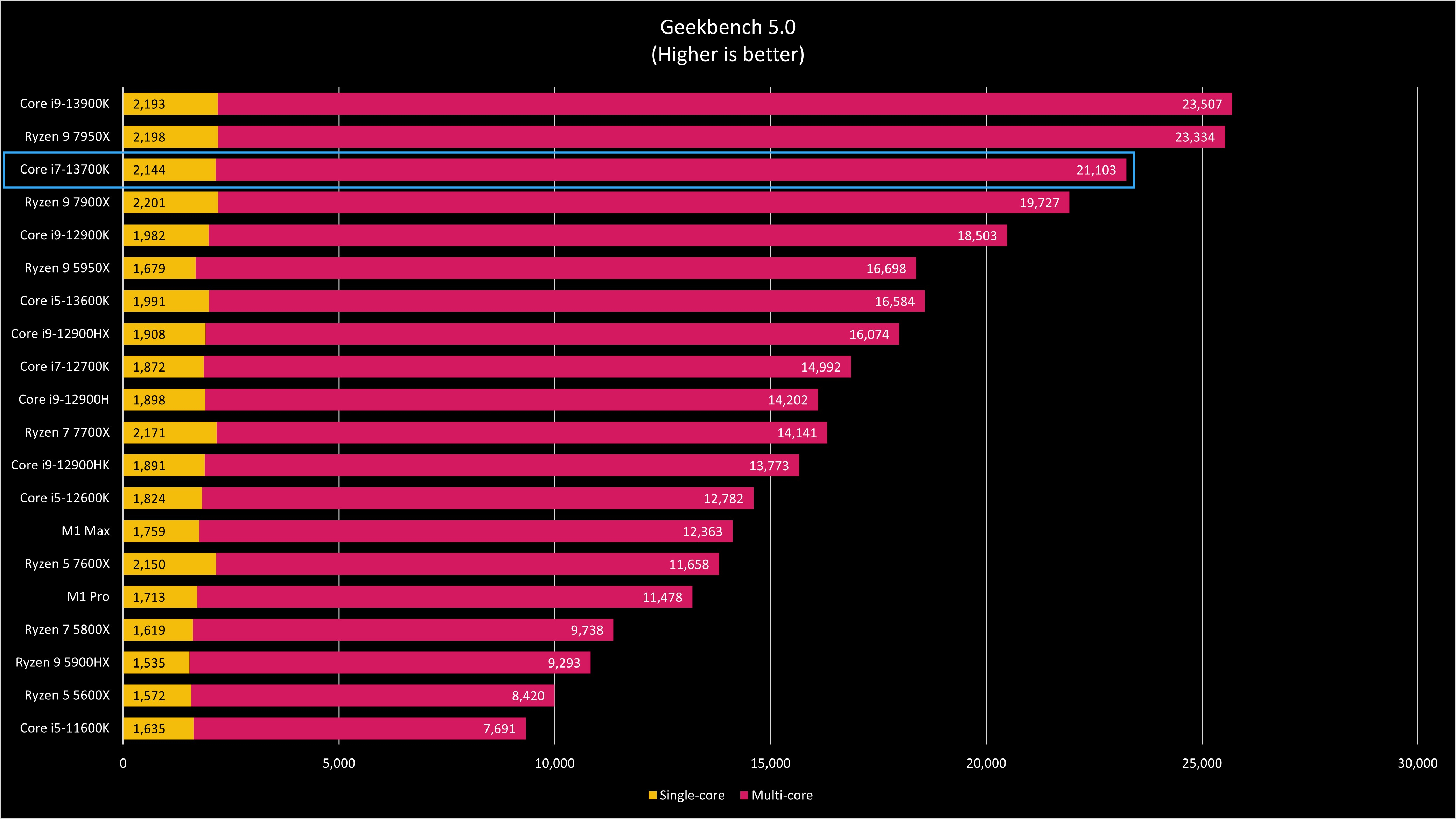
What's more interesting is how the Core i7-13700K comfortably beat the Core i9-12900K in various synthetic benchmarks. Both processors have the same number of physical cores, pushing what's possible at lower price points.
Utilizing the same Asetek-based 360mm AIO cooler used with other CPUs, temperatures were recorded that matched AMD Ryzen 7000. Intel and AMD are making full use of the thermal headroom and you'll frequently see the Intel Core i7-13700K reach TjMax at 100 degrees Celcius when pushed hard.
For gaming, temperatures are in check at between 60-80 degrees Celcius, depending on the PC game and how demanding it is of the CPU. The GPU plays the most important part in frame rates, but it's good to have a solid processor to handle the best graphics card you can afford. The 13700K is easily up to the job.
When boosting hard, the Core i7-13700K can easily pull upwards of 200W.
Intel Core i7-13700K: Competition
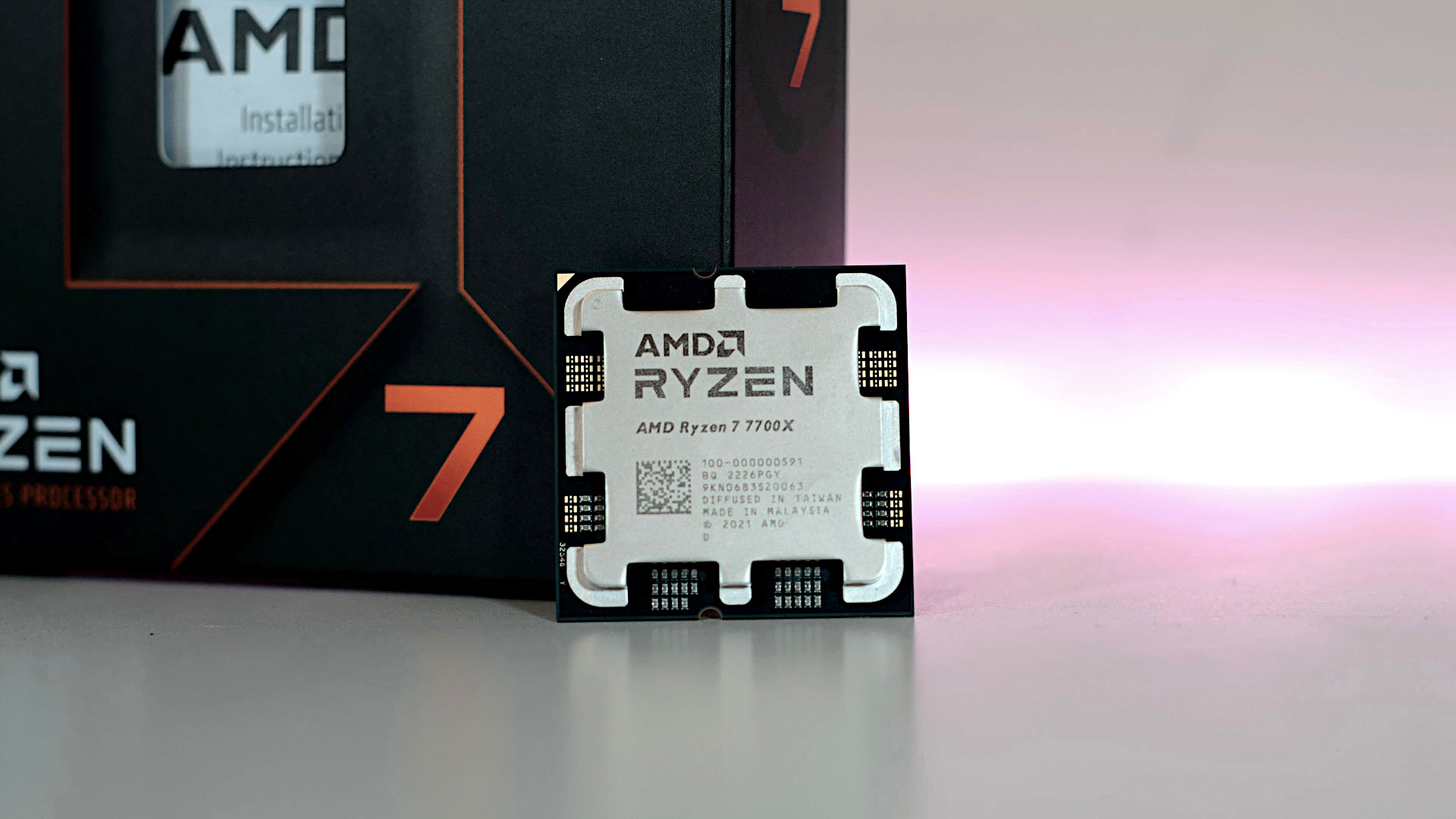
There are two major competitors to the Intel Core i7-13700K. The first is Intel's own Core i7-12700K. This processor may be an older SKU, but it has similar internals, including the same number of cores and threads. Intel has been able to mature its hybrid core design for 13th Gen CPUs, but the Core i7-12700K is still a solid processor.
With the Core i7-13700K, Intel added an additional four E-cores, bringing the total up from 12 to 16. The base frequencies have been lowered slightly because of the additional physical cores, but Intel has managed to work in faster boost speeds, as well as an impressive 5.4GHz max turbo boost, compared to just 5.0GHz with the 12700K.
| Header Cell - Column 0 | Core i7-13700K | Core i7-12700K | Ryzen 7 7700X |
|---|---|---|---|
| Cores/Threads | 16/24 | 12/20 | 8/16 |
| Base Frequency | P: 3.4GHz | P: 3.6GHz | 4.5GHz |
| Row 2 - Cell 0 | E: 2.4GHz | E: 2.7GHz | Row 2 - Cell 3 |
| Boost Frequency | P: 5.3GHz | P: 4.9GHz | 5.4GHz |
| Row 4 - Cell 0 | E: 4.2GHz | E: 3.8GHz | Row 4 - Cell 3 |
| Intel Turbo Boost Max | 5.4GHz | 5.0GHz | - |
| Memory | DDR5-4800 | DDR5-4800 | DDR5-5200 |
| Row 7 - Cell 0 | DD4-3200 | DD4-3200 | Row 7 - Cell 3 |
| Total Cache | 30MB | 25MB | 40MB |
| Integrated Graphics | Intel UHD Graphics 770 | Intel UHD Graphics 770 | AMD Radeon |
| PCIe | PCIe 5.0 | PCIe 5.0 | PCIe 5.0 |
| TDP | 125W | 125W | 105W |
| Max draw | 253W | 190W | 224W |
| TjMax | 100C | 100C | 95C |
| Manufacturing Node | Intel 7 | Intel 7 | TSMC 5nm |
| Socket | FCLGA1700 | FCLGA1700 | AM5 |
| Price | $440 | $450 | $399 |
Then there's the AMD Ryzen 7700X, which the Intel Core i7-13700K comfortably beats in multiple applications. It's AMD that's behind the game with core and thread counters. The Ryzen 7 7700X only has 8 cores and 16 threads. It too is capable of boosting to 5.4GHz, but Intel comes out on top for both multi and single-core performance.
Intel was able to take what made the 12700K so good and crank it up to 11, extracting even more out of the older architecture. When Intel manages to once again compete on the process node front, we're likely to see yet more efficiency gains.
Intel has a slight advantage with the 13th Gen compared to Ryzen 7000 as this generation required AMD to switch sockets from AM4 to AM5. Intel is on its second year of support with the Z690 chipset, allowing those with 12th Gen systems to upgrade without requiring additional components.
Intel Core i7-13700K: Should you buy?
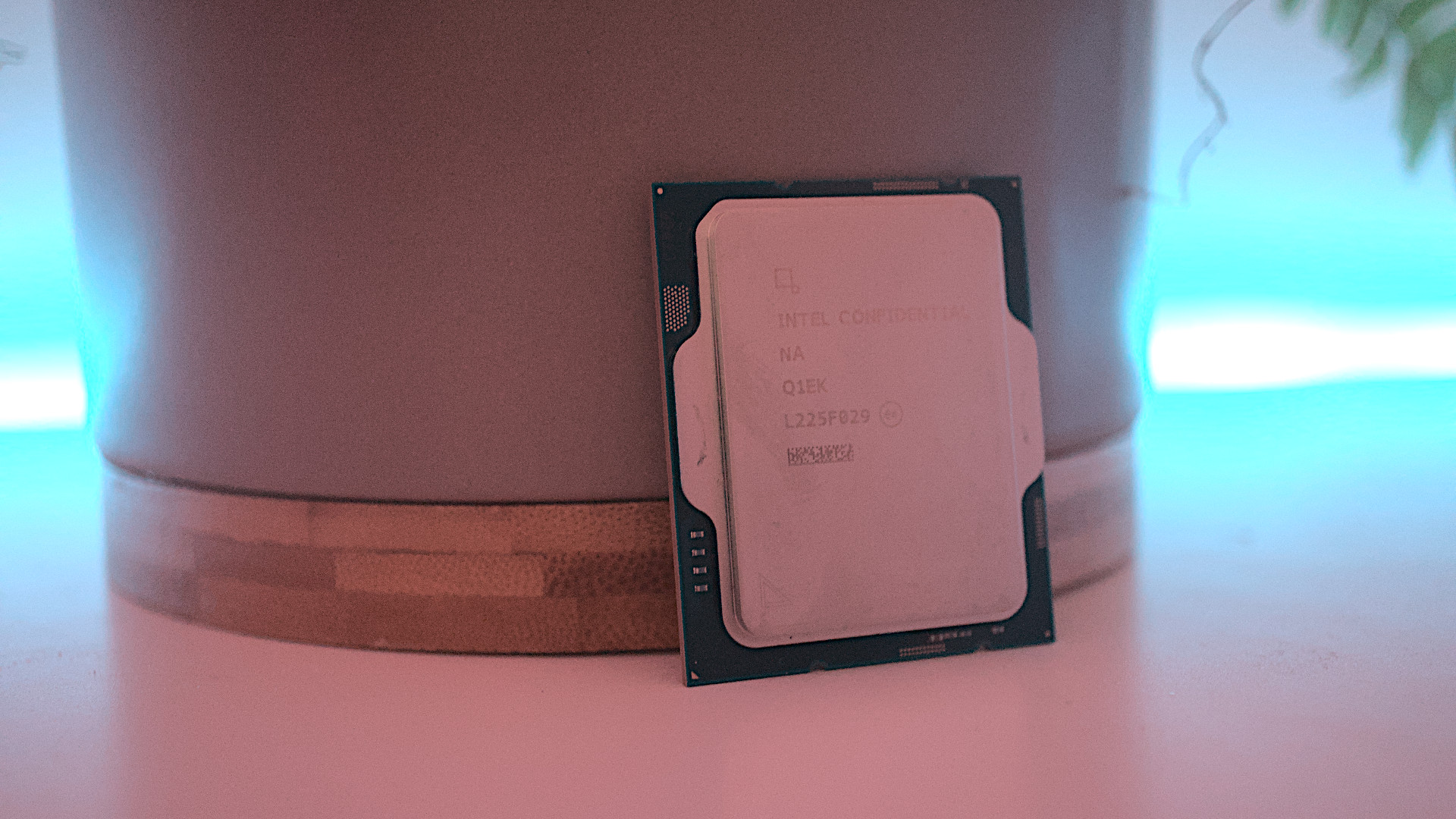
You should buy if...
- You don't want to upgrade your DDR4 RAM.
- You want the best value Intel processor.
- You don't need the most powerful processor.
- You plan on working and playing on the same PC.
You shouldn't buy if...
- You already have a Core i9-12900K.
- You've got an AMD Ryzen 7000 system.
- You're happy with your current CPU.
- You could purchase a better GPU.
Intel lost favor with the PC-building community because of how stagnant its processor development grew over the years. With the rise of AMD Ryzen, Intel was forced to innovate once again and the new hybrid core architecture is a step in the right direction with how capable 12th Gen Intel processors were against Ryzen 5000.
The 13th Gen series is even more impressive, outright beating AMD's latest offerings with an older, less efficient manufacturing node. This is apparent with the power draw. Intel's Core i7-13700K is more power-hungry than the AMD Ryzen 7 7700X, but you're getting a considered boost in performance.
The best news for consumers is that regardless of which company you buy a processor from, you're going to have a blast. The AMD Ryzen 7000 and 13th Gen Intel families are excellent for everything from gaming to heavy creative workloads. Whether you should upgrade comes down to deciding on if your current CPU is a bottleneck.

Rich Edmonds was formerly a Senior Editor of PC hardware at Windows Central, covering everything related to PC components and NAS. He's been involved in technology for more than a decade and knows a thing or two about the magic inside a PC chassis. You can follow him on Twitter at @RichEdmonds.
